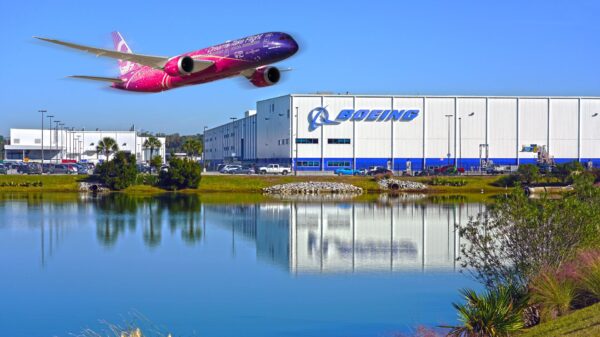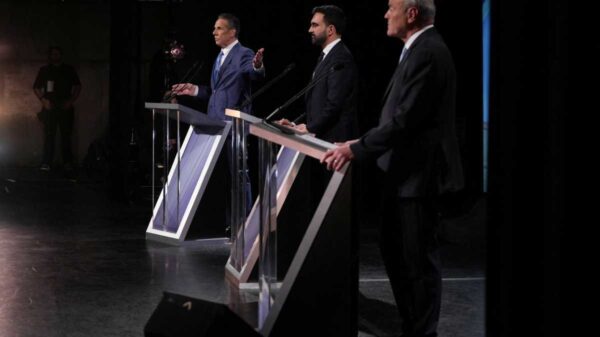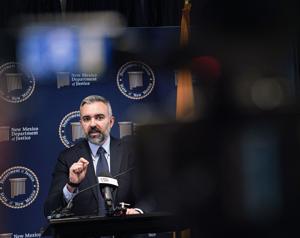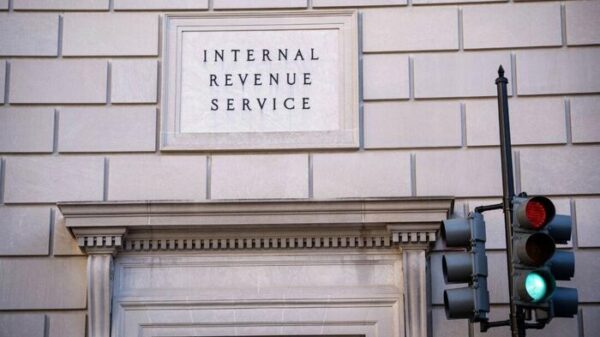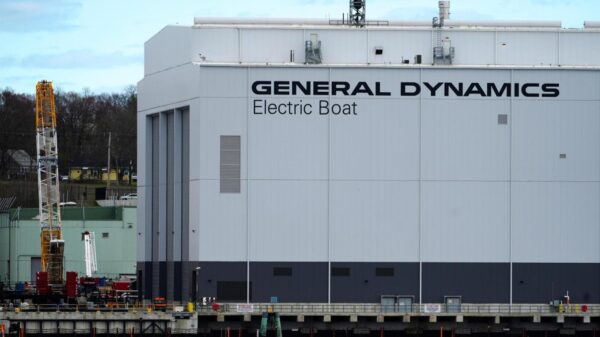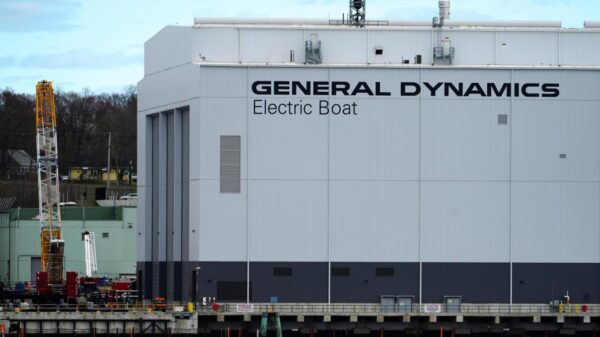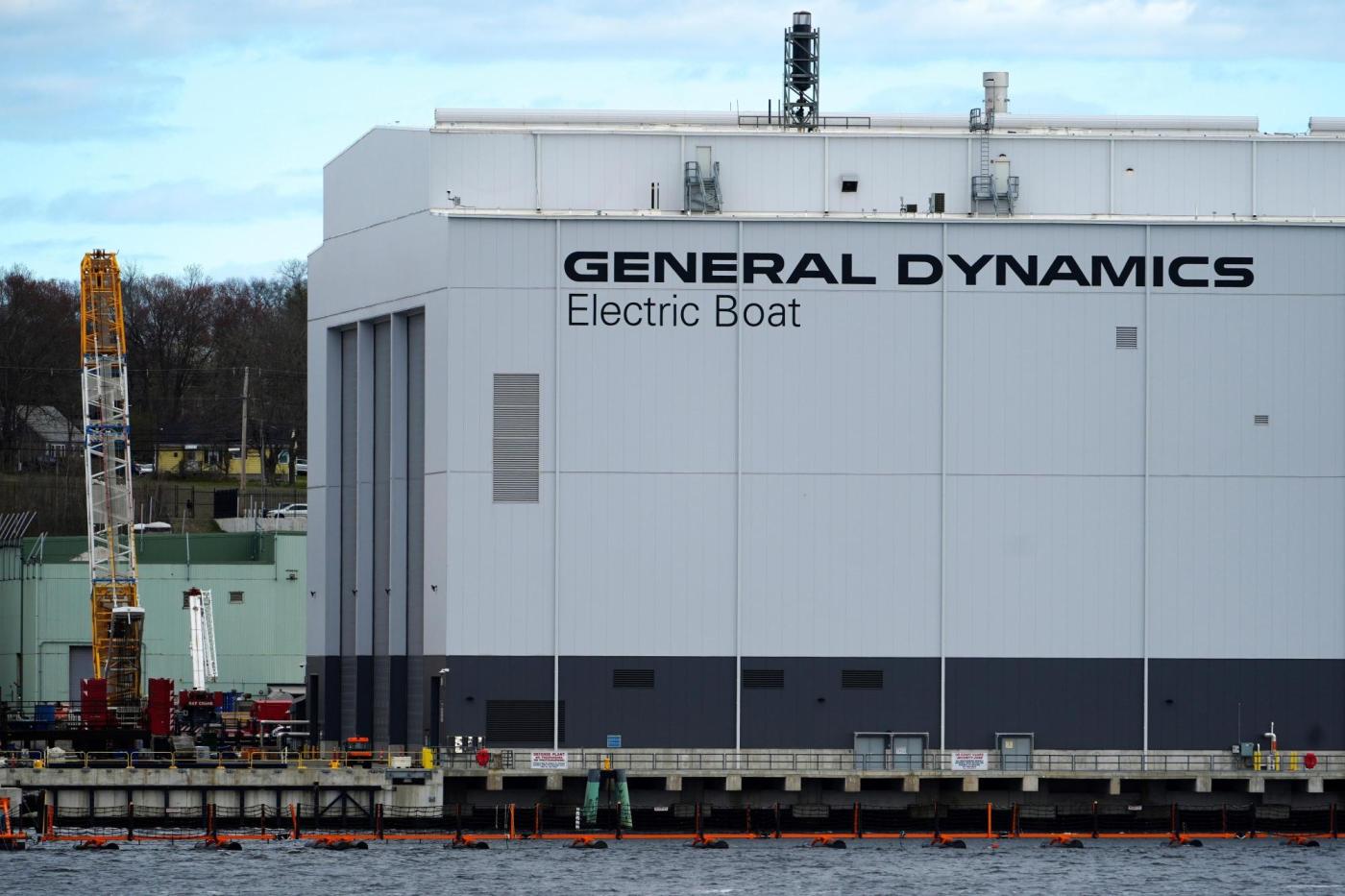Recent affirmations from President Donald Trump regarding the AUKUS security agreement have sparked optimism in naval circles worldwide. Trump announced the U.S. commitment to proceed “full steam ahead” with plans to provide Australia with advanced submarines and share critical naval technology. This decision is considered a significant step toward enhancing defense capabilities in the Indo-Pacific region.
The AUKUS pact, which includes Australia and the United Kingdom, was initially signed by President Joe Biden in 2021. It commits the U.S. to deliver between three to five Virginia class submarines to Australia starting in 2032. After a meeting at the White House with Australian Prime Minister Anthony Albanese, Trump emphasized the importance of the agreement in countering regional threats, particularly from China.
Review and Implications for U.S. Naval Capacity
Concerns had arisen over the U.S. industrial capacity to produce nuclear-powered submarines in a timely manner. A Pentagon review of the AUKUS agreement was initiated to assess whether production could meet both U.S. defense needs and obligations to Australia. The review remains confidential, yet Navy Secretary John Phelen assured that it aims to improve AUKUS and eliminate ambiguities.
Despite these reassurances, questions linger regarding the ability of Electric Boat, based in Groton, Connecticut, to fulfill delivery schedules. Electric Boat is under pressure to ramp up production rates of Virginia class submarines, which currently cost over $4 billion each. The Navy’s target production rate is 2.3 submarines per year, while Electric Boat is currently producing 1.2 units annually.
U.S. Representative Joe Courtney, a key advocate for the AUKUS agreement and a member of the House Armed Services Committee, expressed confidence that enhancements to production processes would be recommended. He emphasized that improvements to reduce production bottlenecks would allow for timely deliveries to both the U.S. Navy and the Royal Australian Navy.
Investments in Defense and Industrial Capacity
As part of its commitment to AUKUS, Congress has allocated nearly $10 billion to bolster U.S. industrial capabilities since the agreement was signed. This funding aims to modernize facilities and increase the workforce needed for submarine production. Electric Boat has invested significant resources in improving technology at its Groton and Quonset Point, Rhode Island facilities.
Moreover, Australia is expected to invest an additional $2 billion in U.S. manufacturing by the end of the year, highlighting the importance of collaboration in defense production. Courtney noted that such investments are crucial given the backdrop of China’s aggressive naval expansion, which has raised concerns among Western nations.
Electric Boat is actively hiring and training new shipbuilders, with plans to bring in between 3,000 to 5,000 workers annually. The company has also expanded its operations to include partnerships with four other shipyards across the U.S. to produce modular submarine components.
In light of these developments, the U.S. Navy’s review is anticipated to focus on optimizing production rather than altering the core AUKUS agreement. Courtney pointed out that while the industrial base is in the process of rejuvenation, it may take time for these investments to yield significant results.
The ongoing commitment to AUKUS reflects a broader strategy to enhance defense readiness in a rapidly changing geopolitical landscape. As the agreement continues to develop, it signifies a long-term partnership among the U.S., Australia, and the UK that transcends political administrations.
With the world watching closely, the AUKUS agreement stands as a testament to the enduring strength of transnational defense collaborations, particularly in the face of emerging threats from nations like China. The investments and commitments made under AUKUS are expected to play a critical role in shaping the future of naval power in the Indo-Pacific region.










